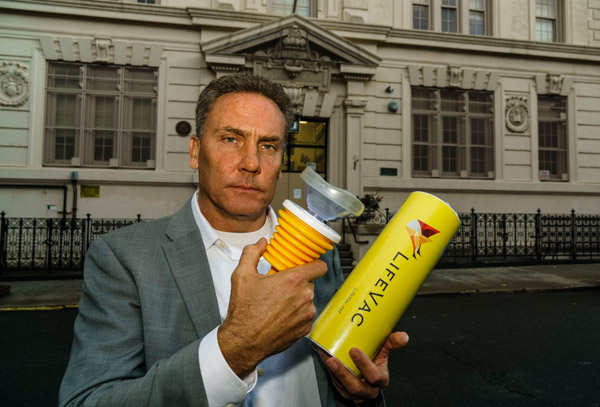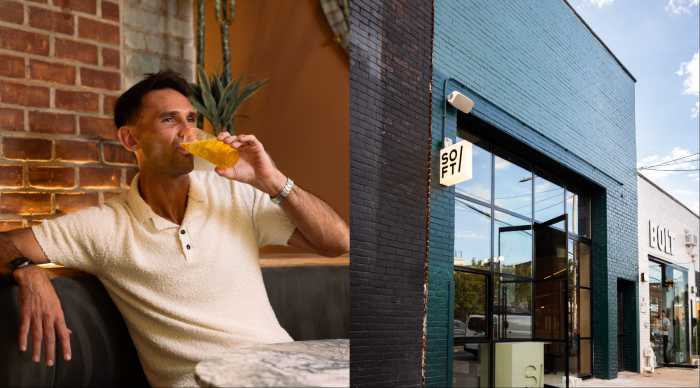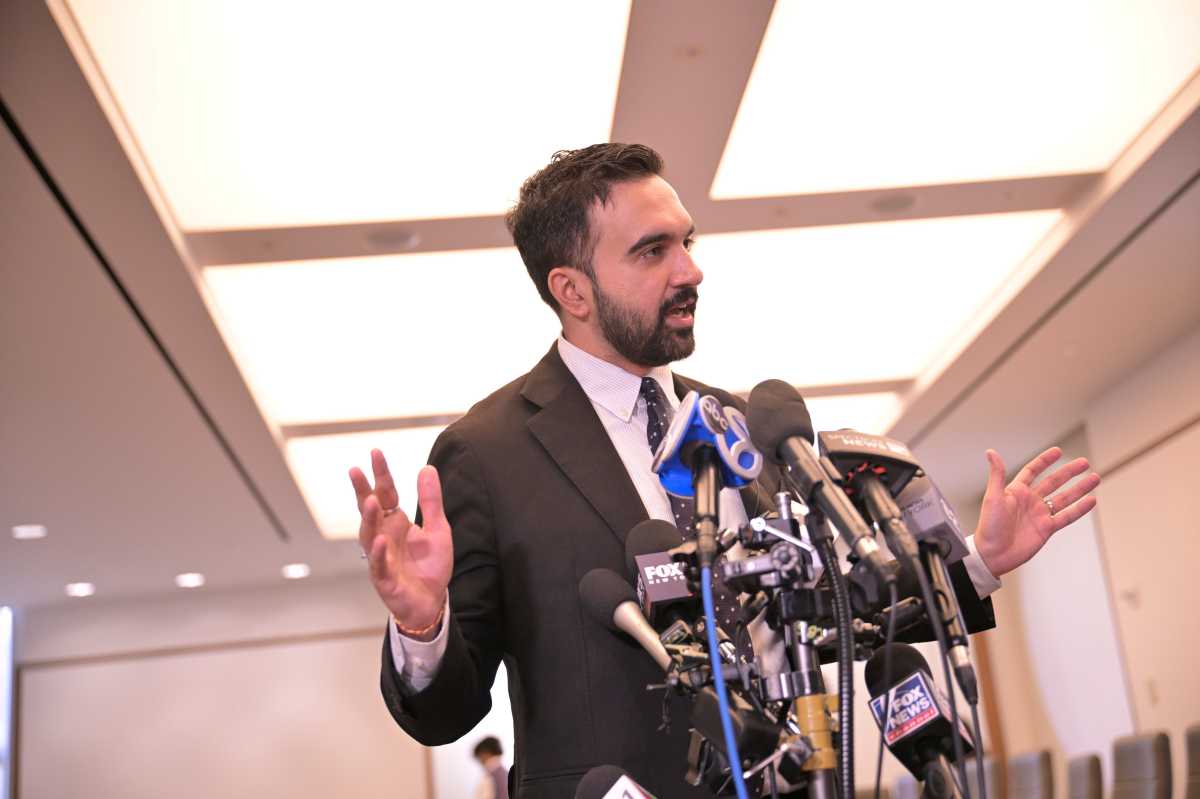Call it a gag order.
The son of the guy who created the Heimlich maneuver is demanding the city’s education department investigate an anti-choking device reportedly purchased by two Brooklyn public schools, which he thinks may not have been tested properly.
“If any medical device intended for use in an emergency lifesaving situation has not been properly tested and approved, that raises obvious concerns, especially when children are involved,” said Georgia journalist Peter Heimlich, whose father Henry invented the first-aid procedure.
Heimlich runs several websites dedicated to unearthing allegedly sketchy medical practices — including investigations into his dad — and recently launched a one-man investigation into the LifeVac, a plunger-like contraption that is designed to suction onto a choking victim’s mouth and pump the obstruction out of their throat.
LifeVac’s founder Arthur Lih has been promoting his product to schools in the borough of Kings after spotting several fatal chokings here — a 7-year-old choked to death on her lunch in Williamsburg last October, roughly a year after a 21-year-old autistic woman choked to death in Cobble Hill.
Since starting his crusade, Lih claims two Brooklyn schools have purchased LifeVacs — Greenpoint’s PS 31 and Sheepshead Bay’s PS 206. A substitute nurse at PS 31 said she was unaware of the device, but that she is just a temp. PS 206 did not return requests for comment.
Lih insists his contraption works and will save lives — several fire departments have bought them, and it is endorsed by his sister who is a gastroenterologist in Queens.
“We can protect our children now,” said Lih, a Long Islander who used to run an airfreight company. “We have new technology, a simple device that can save lives — we do not have the luxury of time.”
The gadget is only an emergency measure to be used in a last-ditch effort to save someone after standard anti-choking techniques have failed and the victim is unconscious, he said.
But Heimlich remains skeptical, because no peer-reviewed medical journal has published a study about the LifeVac, which he says makes it impossible to know how reliable or safe the device actually is.
Two separate unpublished studies claim to have tested the LiveVac on dead bodies — one by a paramedic and a speech pathologist, and one unsigned. Lih’s sister, a paramedic, and a computer scientist also performed tests on a choking patient mannequin, according to company promotional materials.
Lih said he believes the fact that several fire departments have purchased his product is more important than any peer-reviewed study, because they are on the front lines. The Brentwood Fire Department in Long Island says it has purchased several, but hasn’t used them yet.
“The Board of Fire Commissioners chose these devices in an effort to provide Brentwood Firefighters with a tool that can be quickly and easily put to use to aid a choking victim,” said Fire Marshal Robert Kuehn.
The device is also registered with the Food and Drug Administration, though an agency rep said that this does not mean it has tested it, just that the company “filled out the proper paperwork.”
Heimlich has written to city and education authorities asking them to look into the device to see if it complies with their guidelines for medical care. He stressed that he is not a medical professional, which is why he is passing off the investigation to the experts.
Lih pitched the LifeVac to Borough President Adams in October — but the Beep agrees with Heimlich that the tool needs more vetting.
“LifeVac was informed that there needs to be a real-life proof of concept before any further conversation can proceed,” said Adams’ spokesman Stefan Ringel.
The city’s Department of Education said it had no knowledge of the LifeVac’s use in its schools. It refused to explain what role it has, if any, in selecting first-aid equipment for schools, but said it does not endorse Lih’s invention.
“The Department of Education does not recommend this device,” said spokeswoman Toya Holness.
























